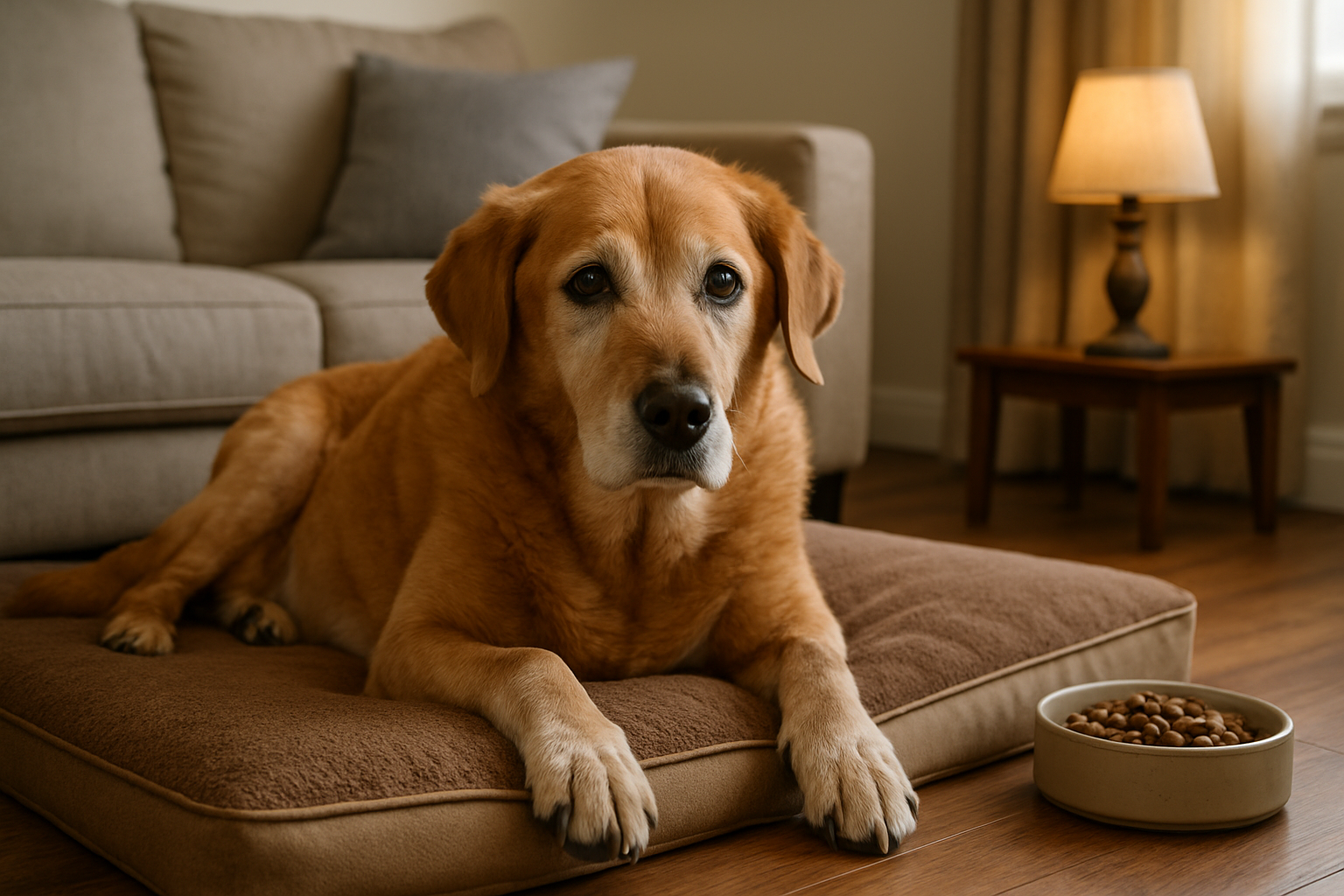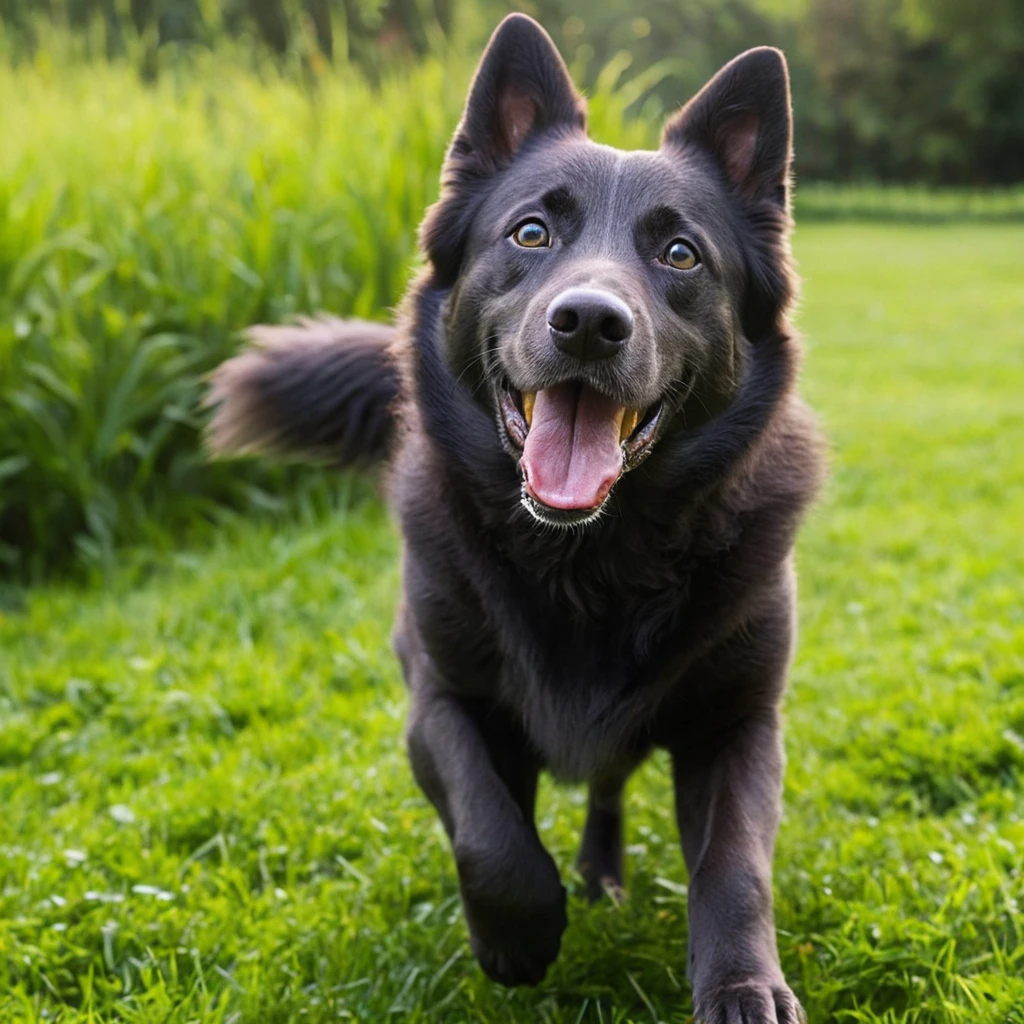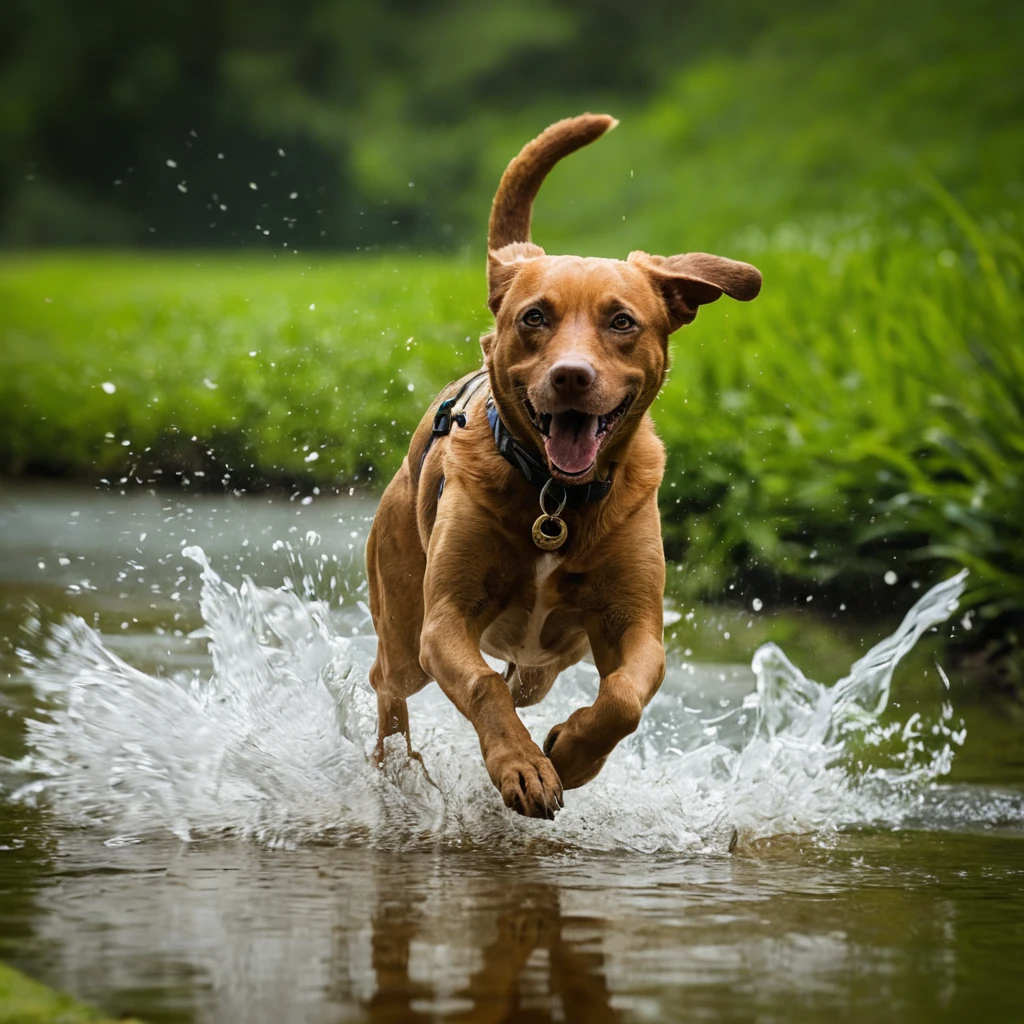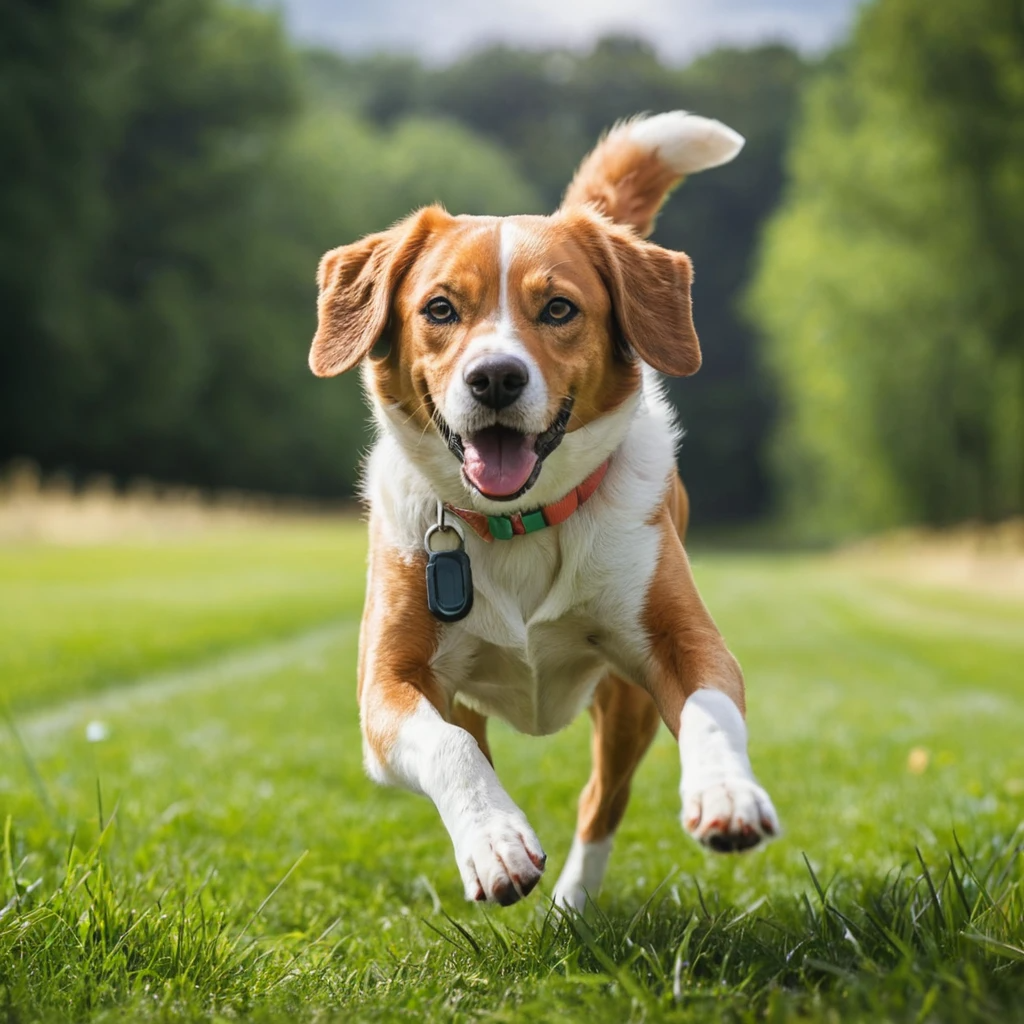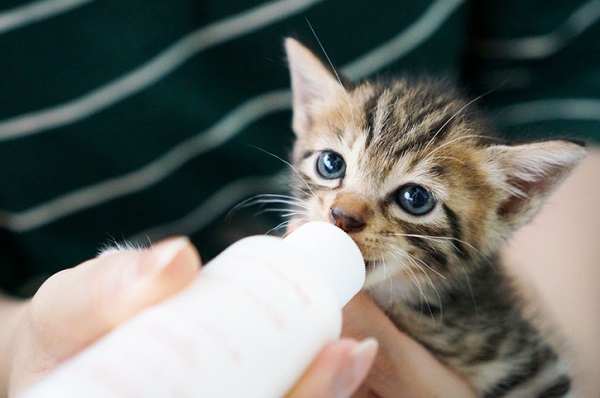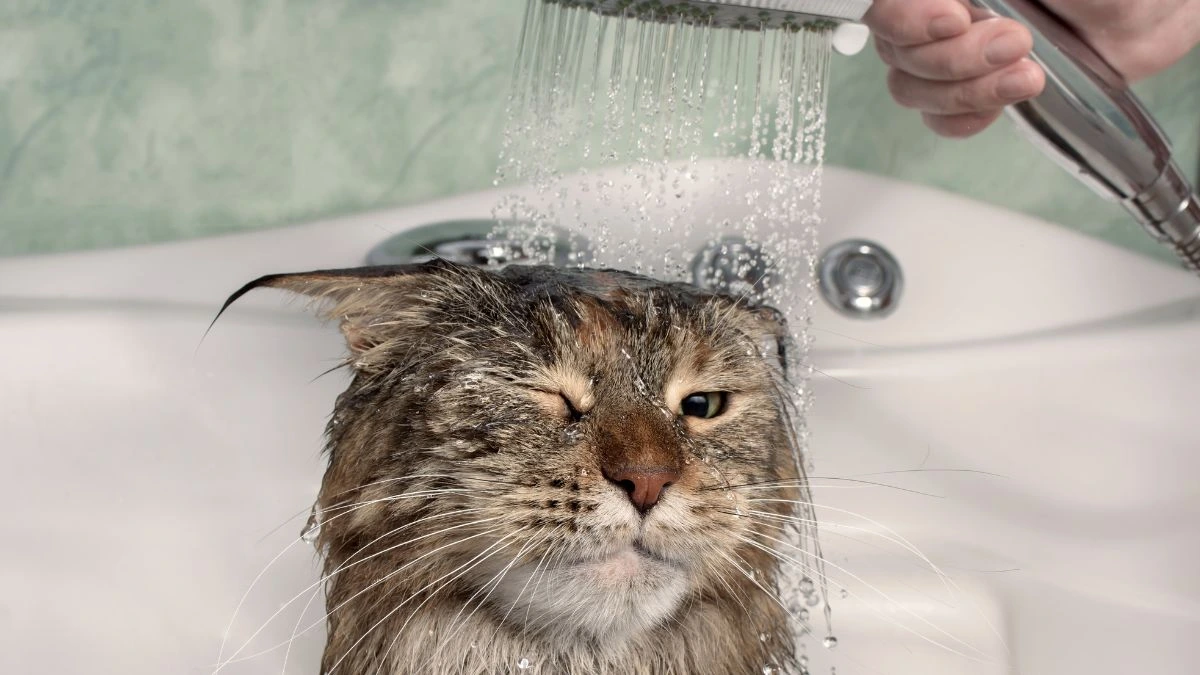Cuidados Essenciais para Cães Idosos: Um Guia Completo
Introdução:
Assim como os humanos, cães idosos exigem cuidados especiais para manter sua saúde, conforto e felicidade. Com os cuidados adequados, seu companheiro pode desfrutar seus anos dourados com dignidade e qualidade de vida.
Neste artigo, apresentamos 10 dicas fundamentais para ajudar seu cão sênior a viver mais e melhor.
1. Entenda Quando Seu Cão é Considerado Idoso
A idade varia conforme o porte:
| Porte do Cão | Idade Sênior |
|---|---|
| Pequeno (até 9kg) | 10-12 anos |
| Médio (9-23kg) | 8-10 anos |
| Grande/Gigante (acima de 23kg) | 6-7 anos |
Reconhecer essa fase permite adaptar os cuidados precocemente.
2. Aumente a Frequência de Check-ups Veterinários
Visitas a cada 6 meses ajudam a detectar:
- Artrose
- Doenças dentárias
- Problemas renais/hepáticos
- Sinais de demência canina
Mantenha vacinas e prevenção de parasitas em dia.
3. Adapte a Alimentação
Rações sênior oferecem:
✔ Menos calorias
✔ Mais nutrientes
✔ Suporte articular (glucosamina)
✔ Ômega-3 para cognição
Dica: Faça transição alimentar gradual em 7-10 dias.
4. Mantenha Exercícios Leves e Regulares
Atividades ideais:
- Passeios curtos
- Natação
- Brincadeiras suaves
Benefícios:
→ Preserva massa muscular
→ Mantém articulações saudáveis
→ Estimula a mente
5. Cuide da Saúde Bucal
Problemas dentários podem levar a infecções graves. Faça:
- Escovação diária
- Limpezas profissionais
- Ofereça petiscos dentais
Sinais de alerta: mau hálito intenso ou dificuldade para mastigar.
6. Observe Mudanças Comportamentais
Sintomas de demência canina:
☑ Desorientação
☑ Ansiedade
☑ “Acidentes” em casa
☑ Alterações no sono
Estimule a mente com brinquedos interativos e mantenha rotinas.
7. Adapte o Ambiente
Para maior conforto:
- Camas ortopédicas
- Pisos antiderrapantes
- Rampas para móveis
- Mantenha água e comida acessíveis
Controle a temperatura – idosos sentem mais frio/calor.
8. Mantenha a Higiene em Dia
Durante a escovação:
- Verifique caroços
- Observe a pele
- Cheque ouvidos
- Corte unhas
Avise o vet sobre qualquer alteração.
9. Ofereça Suporte Emocional
Cães idosos precisam de:
✓ Rotina estável
✓ Carinho diário
✓ Ambiente tranquilo
✓ Paciência redobrada
Evite mudanças bruscas no ambiente.
10. Considere Suplementos (com Orientação Veterinária)
Podem ser úteis:
- Glucosamina (articulações)
- Ômega-3 (pele e cérebro)
- Probióticos (digestão)
- CBD (após avaliação)
Nunca automedique seu cão.
Considerações Finais: O Privilégio da Longevidade
Cuidar de um cão idoso é uma jornada repleta de amor e aprendizados. Cada cabelo grisalho conta a história de uma vida compartilhada.
Com atenção, paciência e os cuidados adequados, você pode proporcionar ao seu companheiro uma velhice tranquila, digna e cheia de momentos especiais.
Lembre-se: enquanto os corpos podem enfraquecer, o amor só cresce com o tempo.

